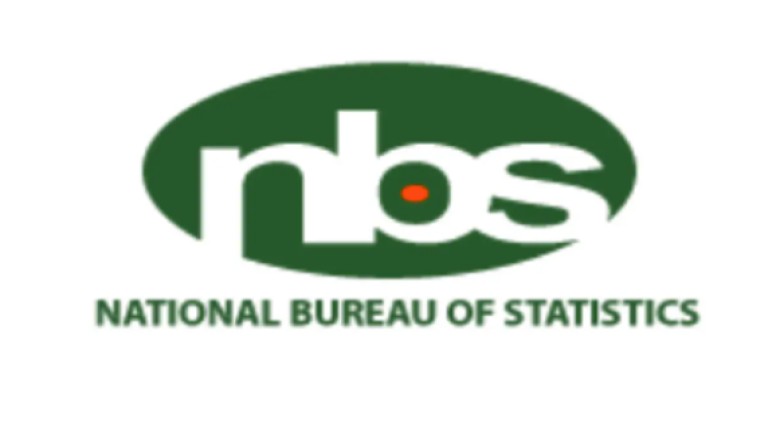Kuda doubles revenue to $22mn in 2022, losses continue to mount
Kuda Bank, a Nigeria-focused neobank sponsored by Target Global, saw its revenue double in 2022, according to the most recent audited financial documents released with UK regulators, where the business is established.The company claimed a 190% rise in sales, reaching $22 million (£17.2 million), up from $7.7 million (£6 million) in 2021, owing to increased customer adoption.
Kuda, which provides a digital banking platform that allows clients to make payments, get loans, and manage their wealth, expects its user base to quadruple from 2.4 million to 4.9 million by 2022. Kuda, headquartered in the United Kingdom, operates primarily in Nigeria through its subsidiary, Kuda MFB, which maintains a Central Bank of Nigeria microfinance banking license.
Kuda has spent the last two years launching new goods, such as international remittances, and growing into new markets, including the United Kingdom, Canada, Ghana, Tanzania, and Uganda. According to a TechCrunch post from earlier this year, Kuda advised investors that it expected revenue and user counts to treble by the end of 2023. In January, the firm reported that it had achieved 7 million users.
Kuda's total deposits have more than doubled, from $41 million in 2021 to $100 million in 2022. The neobank's commercial banking services had considerable development, with deposits from business customers increasing by 154 times, from less than $102,000 to approximately $15 million by the end of the year.
"We hit 100,000 businesses this year, launched POS terminals, and now offer payroll management services through Bento," said a source familiar with the company's operations who asked to remain anonymous.
According to Kuda's auditor, the company's overall assets increased by 30% to $154 million in 2022, with roughly 80% of those assets related to its Nigerian subsidiary. The increased volume of deposits has enabled Kuda to diversify its revenue streams beyond transaction fees and loan interest. In 2022, Kuda earned $3.5 million from treasury investments in Nigeria, accounting for one-third of its interest revenue, as the company took advantage of increased interest rates imposed by the CBN to contain inflation.
"Kuda has lots of sticky deposits, so it started taking treasury seriously that year," a person close to the company told TechCabal. By the end of 2022, Kuda had made $42 million in fresh treasury investments.
Despite great user adoption and revenue growth, Kuda's losses deepened. The company recorded net losses of $32 million in 2022, more than double the previous year's losses, owing to higher staffing costs and other operational expenses. Since its start in 2019, Kuda has lost $55 million.
According to a person familiar with the company, Kuda spent substantially on marketing during its rapid rise, including a World Cup campaign. However, in order to save money, the corporation has lowered its advertising budget.
Nonetheless, the strain on Kuda's financial resources persists. The fintech, which was formerly valued at $500 million, has raised around $74 million in total capital, but its cash reserves decreased nearly 50% to $33 million at the beginning of last year. Kuda intended to secure $20 million in bridge capital at a flat valuation in mid-2023, but abandoned those attempts.
"We have reduced the gap between our revenue and losses and are making good progress towards breakeven," stated Frederic Bidet, Chief Financial Officer of Kuda Group. Bidet stated that Kuda had "enough funds to reach breakeven comfortably" and does not currently require extra funding to pay its operating expenses.
























Leave A Comment